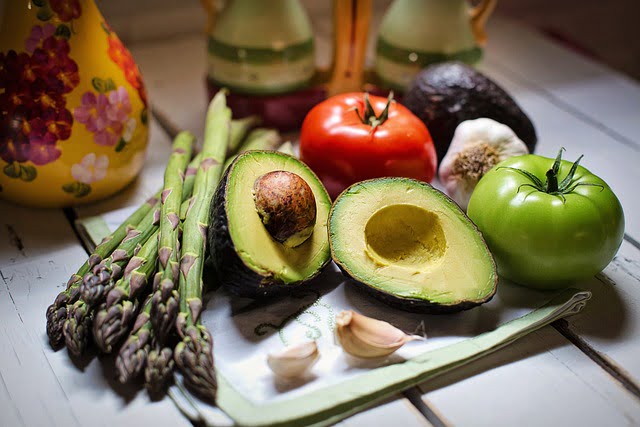
Veganism, a lifestyle choice that abstains from using or consuming animal products, has gained significant popularity in recent years. (See Vegan vs Omnivore: Life Expectancy, Health & Happiness) However, it is important to note that within the vegan community, there are various types of vegans who may follow different dietary and ethical approaches.
In this post, we will explore some of the common types of vegans, shedding light on their beliefs, motivations, and practices. Understanding these distinctions can help promote understanding and foster inclusivity within the vegan movement. (See also Vegetarian vs Vegan vs Pescatarian)

1) Dietary Vegans
Dietary vegans, also known as strict vegans, primarily focus on their food choices and abstain from consuming any animal-derived products. They exclude meat, fish, poultry, dairy, eggs, honey, and any other ingredients or by-products sourced from animals. (This is different from just vegetarians, who abstain only from meat products. See Vegan vs Vegetarian – What are the Differences?)
Dietary vegans often adopt this lifestyle for health reasons, such as reducing the risk of chronic diseases and improving overall well-being.
2) Ethical Vegans
Ethical vegans are motivated by animal welfare and hold the belief that animals have inherent rights and should not be exploited for human purposes. They avoid not only animal products in their diet but also products derived from animal exploitation, such as leather, fur, and wool.
Ethical vegans may also advocate for animal rights and engage in activism to raise awareness about animal cruelty issues.
3) Environmental Vegans
Environmental vegans are driven by concerns for the planet and recognize the significant environmental impact of animal agriculture. They choose a vegan lifestyle to reduce their carbon footprint, conserve water resources, and combat deforestation associated with animal farming. (See How Veganism Helps the Environment)
Environmental vegans may actively promote sustainable practices and advocate for the reduction of animal agriculture to mitigate climate change.
4) Health-Focused Vegans
Much like Dietary vegans, Health-focused vegans adopt a vegan lifestyle primarily for its potential health benefits. However, they further emphasize consuming whole plant-based foods, avoiding processed vegan alternatives, and ensuring a balanced nutrient intake.
Health-focused vegans may follow specific dietary guidelines, such as a whole-food plant-based diet, to optimize their nutrition and improve overall well-being.
5) Raw Vegans
Raw vegans, also known as raw foodists, follow a vegan diet consisting primarily of uncooked, unprocessed, and organic plant foods. They believe that cooking destroys essential enzymes and nutrients, and therefore, opt for a diet of raw fruits, vegetables, nuts, seeds, and sprouted grains.
Raw vegans may use techniques like soaking, blending, and dehydrating to prepare their meals while maintaining the integrity of raw ingredients.
6) Vegan-Flexible or “Reducetarian”
Vegan-flexible individuals, also known as reducetarians, are individuals who primarily follow a vegan diet but occasionally consume small amounts of animal products. They may adopt a flexible approach for social, cultural, or personal reasons, striving to reduce their overall animal product consumption while still adhering to a predominantly plant-based lifestyle.
Vegan-flexible individuals recognize that any reduction in animal consumption can have positive effects on the environment, animal welfare, and personal health.
Final Thoughts
Veganism encompasses a broad spectrum of beliefs, motivations, and practices. From dietary vegans focused on plant-based nutrition to ethical vegans advocating for animal rights, each type of vegan contributes to the collective goal of reducing animal exploitation and promoting a more compassionate world.
By understanding and respecting the various types of vegans, we can foster a more inclusive and supportive community, working together towards a sustainable and ethical future.
Lance has been passionate about the plant-based diet and we have been following a whole food plant-based diet for over 5 years. We focus on health, natural healing, weight management, animal rights, and the health of the planet and environment by focusing on whole plant-based foods and sustainable practices.
Learn more at the About Me page and follow on social media at the links below.




